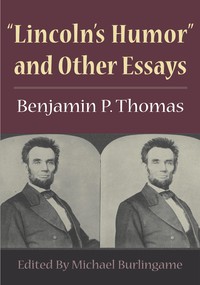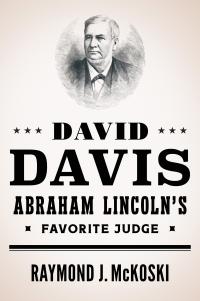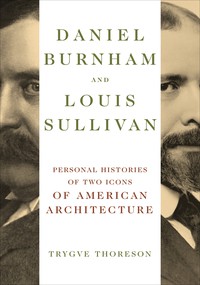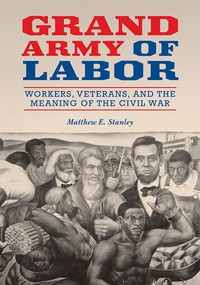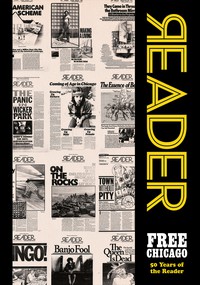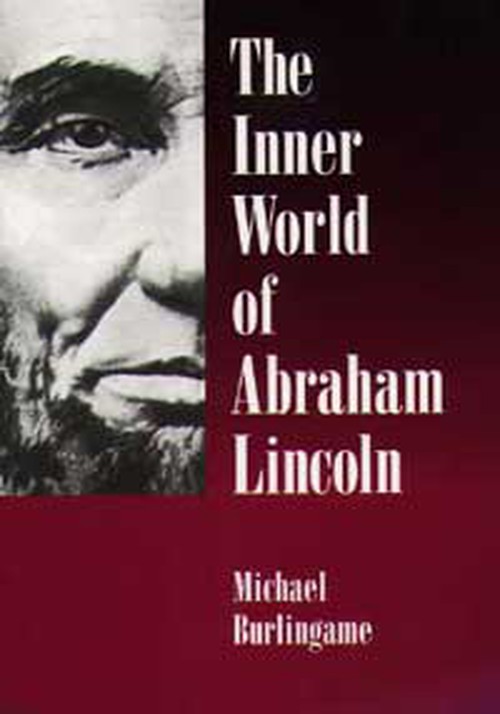
The Inner World of Abraham Lincoln
Paper – $25.95
978-0-252-06667-2
Publication Date
Paperback: 01/01/1997
About the Book
Published to a flurry of praise--and consternation--from Lincoln scholars, Burlingame's book takes a hard and unsentimental look at, among other things, Abraham Lincoln's excruciating yet fruitful midlife crisis, his marriage to a dishonest woman who often embarrassed and sometimes physically abused him, his estrangement from his father, his explosive temper, and his aversion to women.Reviews
"Original and important: the Lincoln who walks out of its pages is a real person, a fallible but admirable human being."-- William Hanchett, Journal of American History"An important new look at the man who shaped the course of a nation in peril. Highly recommended."--Library Journal
"Clearly marks a turning point in understanding the Lincoln behind the mask of melancholy. . . . Burlingame has laid out a rich and complex map of Lincoln's personality and ideas. In so doing, he has turned out what is surely the best Lincoln book since Gabor Boritt's innovative Lincoln and the Economics of the American Dream, and perhaps the most important piece of Lincoln biography since J. G. Randall."--Allen C. Guelzo, Civil War News
"A triumph. . . . A revelation. . . . The most convincing portrait of Lincoln's personality to date."--Mark Noll, Books and Culture
"There are good stories aplenty here, novel interpretations of some well-known events, and a useful reminder that there is a plane of historical menaing that is masked by narratives of public events and analyses of clashing sociological abstractions."--Walter Johnson, Reviews in American History
